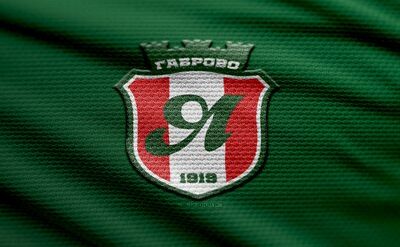Eusébio, known as the Black Panther, remains a legendary figure in football, admired for his exceptional talent and goal-scoring prowess. Rising to fame in Portugal from humble beginnings in Mozambique, his journey symbolizes passion, power, and perseverance. His influence goes beyond statistics, inspiring countless fans and players worldwide. For a closer look at his remarkable legacy, explore more about his career and impact at GO88.
Eusébio’s Impact on Global Football
The impact of Eusébio on global football cannot be overstated. His unique style of play and remarkable skill set changed the way the game was perceived in Portugal and abroad. In an era dominated by strong European powers, Eusébio emerged as a beacon of hope for many aspiring players.
Pioneering Role as an African Player
Eusébio was among the first black players to achieve widespread acclaim in European football. His success opened doors for numerous African athletes who followed in his footsteps. By showcasing extraordinary talent, he shattered racial stereotypes and proved that excellence knows no color or background.
With his striking speed and technical prowess, Eusébio became not just a national hero but also a role model for young players worldwide. He inspired a generation, embodying the idea that hard work and determination could lead to success regardless of one’s origins.
Influence on Tactics and Gameplay
Eusébio’s game-changing abilities forced teams to adapt their strategies to counter his threats on the field. Defenses would often struggle against his combination of pace, strength, and agility. Coaches began to rethink their tactical approaches, emphasizing the need for specialized training to handle such dynamic forwards.
His ability to read the game and anticipate defenders’ moves elevated his play, making him a formidable opponent and a target for innovative defensive tactics. This shift in strategy showcased Eusébio’s impact not merely as a player but as a catalyst for evolution in football tactics.
Cultural Ambassador for Football
Beyond his technical abilities, Eusébio has served as a cultural ambassador for the sport. He bridged gaps between cultures, representing the beauty of football as a universal language. His story illustrated the potential of sport to unite people from diverse backgrounds, fostering camaraderie and understanding through shared passion.
Eusébio’s presence on and off the pitch drew attention to significant issues like racism in sports, inspiring other athletes to speak out. His authenticity and commitment to fairness made him a beloved figure globally, enhancing football’s reputation as a platform for social change.
The Life and Career of Eusébio da Silva Ferreira
Eusébio’s legacy extends far beyond his playing days, leaving a lasting impression on the football world. His story of overcoming challenges to reach the pinnacle of success is truly inspiring. To discover more, Đăng Ký GO88 and dive deeper into the world of football legends.
Early Life and Background
Born on January 25, 1942, in Maputo, Mozambique, Eusébio grew up in a modest environment. His early exposure to football came on the streets of his hometown, where he developed the skills that would later make him famous. Football became his escape and passion, allowing him to dream of a life beyond the confines of his surroundings.
At a young age, he moved to Portugal, where he joined Benfica—a decision that altered the course of his life. Transitioning from Africa to Europe presented its own challenges, yet Eusébio embraced them with unwavering determination.
Rise to Stardom at Benfica
Joining Benfica was a pivotal moment in Eusébio’s career. Under the guidance of legendary coach Bela Guttman, he flourished and quickly established himself as a key player. His debut season was marked by remarkable performances, earning him accolades and recognition.
Eusébio’s time at Benfica was nothing short of extraordinary. He led the team to multiple league titles, domestic cups, and, most notably, the European Cup in 1962. His prolific goal-scoring ability garnered attention throughout Europe, earning him the title of the top scorer in the Primeira Liga multiple times.
International Career with Portugal
Eusébio‘s international career is equally compelling. Representing Portugal in numerous tournaments, he became a symbol of national pride. His standout performance during the 1966 World Cup is particularly memorable, as he led Portugal to the semifinals while finishing as the tournament’s top scorer.
The euphoria surrounding his exploits on the international stage solidified Eusébio’s status as a football legend. His contributions not only brought glory to his nation but also showcased the talent that lies within the Portuguese footballing landscape.





